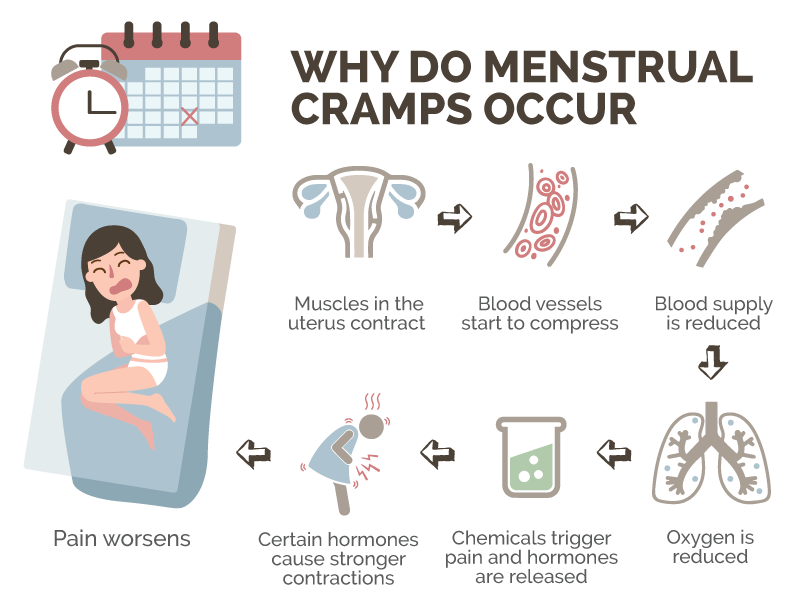Second trimester sleeping
Sleep in the second trimester
In this article
- What can disturb sleep in the second trimester?
- How can I get a good night’s sleep during the second trimester?
If you’re having trouble sleeping in early pregnancy, there's a good chance things will improve now that you've reached your second trimester. By now, your body is adjusting to pregnancy and you may not feel as exhausted as you did in the first trimester. But the second trimester of pregnancy may still bring its own sleep problems, including heartburn and leg cramps at night. Here’s how to cope.
What can disturb sleep in the second trimester?
While sleep should come easier now, you may still experience the odd disturbance at night. Leg cramps can start, although they’re more common in the third trimester.
You may also experience strange dreams or nightmares, sometimes about your baby or labour and birth. This is completely normal, but if you’re worried, talking about them with your partner, friend or a midwife can help.
You may also notice that you’re suffering more from a blocked or stuffy nose (rhinitis of pregnancy) during the night, which can make it harder to get enough sleep.
You may still be suffering the occasional bout of nausea during the night too, although this often gets better in the second trimester, usually between 16 weeks and 20 weeks.
As your pregnancy progresses, you may also get a touch of heartburn and indigestion during the night.
Most women feel their baby move for the first time between 16 weeks and 24 weeks. Your baby may have a pattern of movement that’s more active in the evenings, or you may simply be more aware of your baby’s squirms and kicks when you’re settling down for the night.
Aside from these pregnancy sleep busters, your hormone levels are stabilising and so resting should be easier as a result. Your womb (uterus) has moved up out of the pelvis, taking the pressure off your bladder. This means you should have fewer night-time trips to the loo, although some women do find they need to wee more throughout their pregnancy.
This means you should have fewer night-time trips to the loo, although some women do find they need to wee more throughout their pregnancy.
Finally, it's quite normal to toss and turn, worrying about becoming a parent. As your bump grows, your baby may become more real to you, bringing home the realisation that you're going to be responsible for a new little person.
How can I get a good night’s sleep during the second trimester?
These pregnancy sleep tips will help you curb heartburn and wind down at the end of the day, so you can get more sleep in the safest way possible.
Reduce heartburn and indigestion
A big meal just before bed may make you more prone to heartburn and indigestion. This can be especially problematic at night, because lying down makes it easier for your stomach acid to find its way up into your throat.
You may be able to reduce heartburn at night by eating smaller meals during the day and avoiding any food in the last three hours before you normally go to bed. Cut down on drinks that contain caffeine and avoid rich, fatty and spicy foods too.
Cut down on drinks that contain caffeine and avoid rich, fatty and spicy foods too.
You could also prop your head and shoulders up a little when you go to bed. This may help to stop stomach acids from coming up while you sleep.
Smoking can cause indigestion. If you smoke, it’s important you stop, for your health and your unborn baby’s health. Here’s how to get help if you have trouble quitting smoking.
Alcohol can also cause indigestion. Experts can’t be sure exactly how much alcohol, if any, is safe during pregnancy. That’s why they agree that the best advice is to avoid alcohol completely while you’re expecting.
Switch to sleeping on your side
Sleeping on your side may be more comfortable for you than on your back or front as your bump grows bigger. It’s also best for your growing baby, as it helps the flow of blood and nutrients to the placenta.
From 28 weeks of pregnancy, falling asleep on your back can raise the risk of stillbirth, so it’s a good habit to get into sleeping on your side now.
You may have heard that sleeping on your left side is better than sleeping on your right side. This may be because one small study found that women who slept on their left side halved their risk of stillbirth, compared to women who slept on their right side.
However, this hasn’t been seen in larger, more recent studies. That’s why most pregnancy health experts, including the NHS, recommend that women sleep on whichever side that’s most comfortable. So don’t get too anxious about which side to choose as you drop off.
To get comfy on your side, try supporting your bump with pillows and adding an extra pillow between your legs. This keeps the pressure off the muscles around your hips and pelvis. You may want to buy a specially shaped pregnancy pillow to help support your bump.
If you wake up in the night and find yourself lying on your back or front, just turn over to your side again to go back to sleep.
How to sleep comfortably with your bump
See how to use pillows to support your bump and find a comfortable sleeping position. More pregnancy videos
More pregnancy videos
Get into a routine
Try to go to bed and get up at the same time every day. Although the occasional lie-in may be tempting, especially after a disturbed night, it can disrupt your body clock and make it harder to drift off at night. Sticking to a schedule should help your body to naturally feel more tired at bedtime.
Wind down at the end of the day
Take some time to relax as bedtime approaches. Avoid exercising for about four hours before bed, to give your body a chance to wind down.
As bedtime approaches, have a bath, a warm milky drink, or read a book – whatever helps you to relax at night. Doing the same things at the same time each night may help to train your body to recognise when it's time for sleep.
If you find yourself worrying at night about your pregnancy or impending motherhood, jot down the anxieties that are keeping you awake. Discuss them with your partner, a friend, or a healthcare professional. You may find this keeps your fears in perspective, or helps you to find practical solutions for things that have been preying on your mind.
You may find this keeps your fears in perspective, or helps you to find practical solutions for things that have been preying on your mind.
Try a relaxation technique
There are some simple techniques you can use to help calm your mind and relax the body. Progressive muscle relaxation has been proven to be effective at helping to bring on sleep. It works by tensing, and then relaxing, groups of muscles in your body, alternating between your right and left side. Here’s how to do it:
- Start by tensing and releasing your hand and forearm muscles, first on one side and then on the other.
- Repeat with your upper arms, face and jaw, chest and shoulders, tummy, thighs, and so on until you reach your feet.
Mindfulness, deep breathing and visualisation techniques can also help you to relax. You could listen to a relaxation exercise before bedtime, or do some light yoga stretches. You can also try saying some affirmations before going to sleep, to create a positive mindset and help you de-stress.
Make your bedroom a sleep sanctuary
If you're in the habit of reading, watching TV or using your phone in bed, try to stop if you can. Sleep experts recommend keeping your bedroom just for sleep and sex. In the evenings, switch off any electronic devices around an hour before bedtime or switch screens to night mode. The light from your phone or tablet can disrupt your sleep.
If you wake in the night and can't get back to sleep, don't lie there tossing and turning. Get up, go into another room and do something relaxing, such as reading or listening to soothing music. Then, when you’re feeling sleepy again, go back to bed.
More sleep during pregnancy tips:
- Is back pain keeping you awake at night? Find out what to do.
- Tried-and-tested: mums reveal which sleep solutions worked for them.
- See how other pregnant women cope with tiredness during the day.
- Find out if it's safe for pregnant women to take over-the-counter medicines or herbal remedies.

- Is lack of sleep affecting your mental health? Check out the symptoms of depression in pregnancy.
References
Brusie C. 2016. Natural ways to clear up rhinitis of pregnancy. Healthline. www.healthline.com [Accessed March 2021]
Cronin RS, Minglan L, Thompson JMD, et al. 2019: An individual participant data meta-analysis of maternal going-to-sleep position, interactions with fetal vulnerability, and the risk of late stillbirth. The Lancet. 10:49-57. www.thelancet.com [Accessed March 2021]
Marcin A. 2020. What are the best sleeping positions when you’re pregnant?. Healthline. www.healthline.com [Accessed March 2021]
NICE 2020a. Nausea/vomiting in pregnancy. National Institute for Health and Care Excellence. Health Topics. www.cks.nice.org.uk [Accessed March 2021]
NICE 2020b. Insomnia National Institute for Health and Care Excellence. Health Topics. www.cks.nice.org.uk [Accessed March 2021]
NCT. 2018. Leg cramps during pregnancy: how to avoid them www.nct.org.uk [Accessed March 2021]
2018. Leg cramps during pregnancy: how to avoid them www.nct.org.uk [Accessed March 2021]
NHS. 2018a. Common health problems in pregnancy. NHS, Health A-Z. www.nhs.uk [Accessed March 2021]
NHS. 2018b.Insomnia. NHS, Health A-Z. www.nhs.uk [Accessed March 2021]
NHS. 2018c. Vomiting and morning sickness. NHS, Health A-Z. www.nhs.uk [Accessed March 2021]
NHS. 2018d. Your baby’s movements. NHS, Health A-Z. www.nhs.uk [Accessed March 2021]
NHS. 2019. How to get to sleep. NHS, Health A-Z. www.nhs.uk [Accessed March 2021]
NHS. 2020.Indigestion and heartburn in pregnancy. NHS, Health A-Z. www.nhs.uk [Accessed March 2021]
NHS. 2021. Tiredness and sleep problems. NHS, Health A-Z. www.nhs.uk [Accessed March 2021]
Raynes-Greenow CH, Gordon A, Qiushuang Li et al. 2013. A cross-sectional study of maternal perception of fetal movements and antenatal advice in a general pregnant population, using a qualitative framework. BMC Pregnancy Childbirth 13:32 [Accessed March 2021]
BMC Pregnancy Childbirth 13:32 [Accessed March 2021]
Stacey T, Thompson JMD, Mitchell EA, et al. 2011. Association between maternal sleep practices and risk of late stillbirth: a case-control study. BMJ 14:342:d3403. [Accessed March 2021]
Show references Hide references
Sleep during pregnancy | Pregnancy Birth and Baby
Sleep during pregnancy | Pregnancy Birth and Baby beginning of content7-minute read
Listen
How much sleep do I need when I am pregnant?
When you’re pregnant, you need more sleep than usual. However, your sleep isn’t as deep and refreshing as usual while pregnant. You’ll wake more often throughout the night. You need to sleep as much as you can.
But, getting more sleep isn't always easy. It can be especially difficult if you have work, other children, or other responsibilities. To get enough rest, it can help to:
It can be especially difficult if you have work, other children, or other responsibilities. To get enough rest, it can help to:
- have a daytime nap
- rest as much as you can during the day
- go for a walk in the late afternoon or early evening
- avoid tea and coffee before bedtime
- relax before bed by taking a bath, reading, listening to music, watching TV, or having a backrub
- go to bed earlier than usual
How do I sleep safely during pregnancy?
When you’re pregnant, and as your baby grows, sleep can become a problem. But it’s important to be well-rested, so you are ready for your baby’s arrival.
The position that you sleep in is also important for your baby’s health.
From 28 weeks until your baby is born, be sure to sleep on your side. Whether you are taking a quick nap on the couch or going to bed at night, sleeping on your side is best.
Lying on your back puts pressure on major blood vessels. This can reduce the flow of blood to your uterus, and restrict your baby’s oxygen supply. This can affect their heart rate. Research suggests that this causes a higher risk of stillbirth.
This can reduce the flow of blood to your uterus, and restrict your baby’s oxygen supply. This can affect their heart rate. Research suggests that this causes a higher risk of stillbirth.
Stillbirth can occur from many different factors, some which can’t be controlled. But research shows that sleeping on your side can reduce the risk of stillbirth by half.
You can sleep on your left or right side. To make sleeping on your side easier and more comfortable, bend your knees. Then, put a pillow between them. You can also put a pillow under your belly for support.
Usually, the position you fall asleep in is the position you will stay in overnight. However, movement in sleep is normal. If you wake and find you’ve been asleep on your back, turn onto your side. If it happens a lot, put a pillow behind your back to make rolling on to your back more difficult.
What problems might I have when sleeping during pregnancy?
From the first trimester of pregnancy you may experience:
- temperature changes
- morning sickness
- the need to pass urine more often
- leg cramps and lower back aches
- nightmares and more frequent dreams
- congestion
- snoring
- indigestion
These troubles can disturb your sleep and may vary throughout your pregnancy.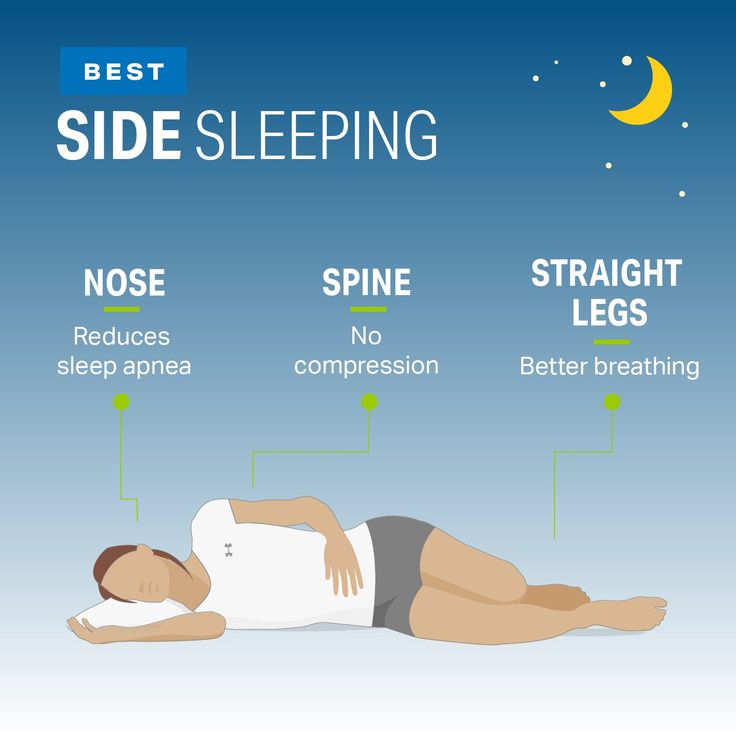 Because of this, the main challenge you may experience is tiredness. There are ways to manage these things, to help you sleep better.
Because of this, the main challenge you may experience is tiredness. There are ways to manage these things, to help you sleep better.
Morning sickness
The nausea that comes with morning sickness may keep you awake. You can reduce this nausea by keeping full. During the day, eat bland snacks such as crackers.
Frequent urination
Going to the toilet more often during pregnancy is normal.
The baby can press on your bladder. And hormones in the late stages of pregnancy can relax your pelvic floor. Pelvic floor exercises will help you manage any 'leaks'. They will also help you to avoid continence problems in years to come.
Keep hydrated during the day, but don’t drink too much before bed.
The frequency of your need to pass urine at night might increase as your pregnancy progresses.
However, if it hurts to pass urine, talk to your doctor.
Leg cramps
Leg cramps can also disrupt your sleep. It’s not really understood why leg cramps happen.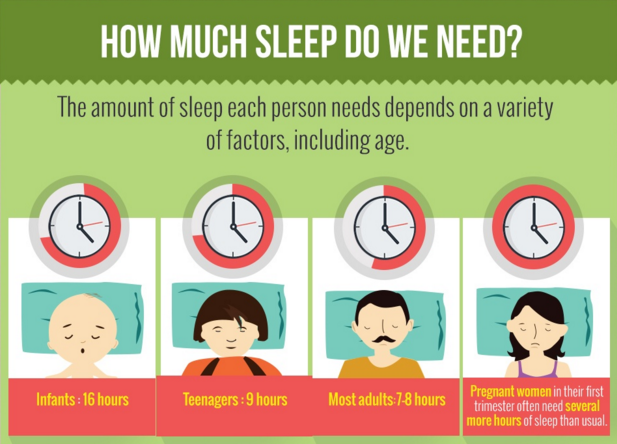 But, there are a number of things you can do to ease them, such as:
But, there are a number of things you can do to ease them, such as:
- stretching your calf muscles
- being active during the day
- drinking plenty of fluids
Back pain
You might find your back aches more at night. If you can, try to avoid heavy lifting, housework, and long periods of standing. Rest during the day with your legs up if you can.
Disruptive dreams
Some women have more dreams than they would normally. They may also have unusual dreams or nightmares. Sometimes it can be related to stress, or it could be due to inconsistent sleep.
Try to stick to a regular schedule and maybe try different sleep positions or use a pregnancy pillow. If you are having dreams that are disturbing you, it can help to:
- talk to your partner or a friend
- consider seeing a counsellor
Congestion and snoring
Due to hormonal changes as your pregnancy progresses, you may get a blocked nose and feel stuffed up.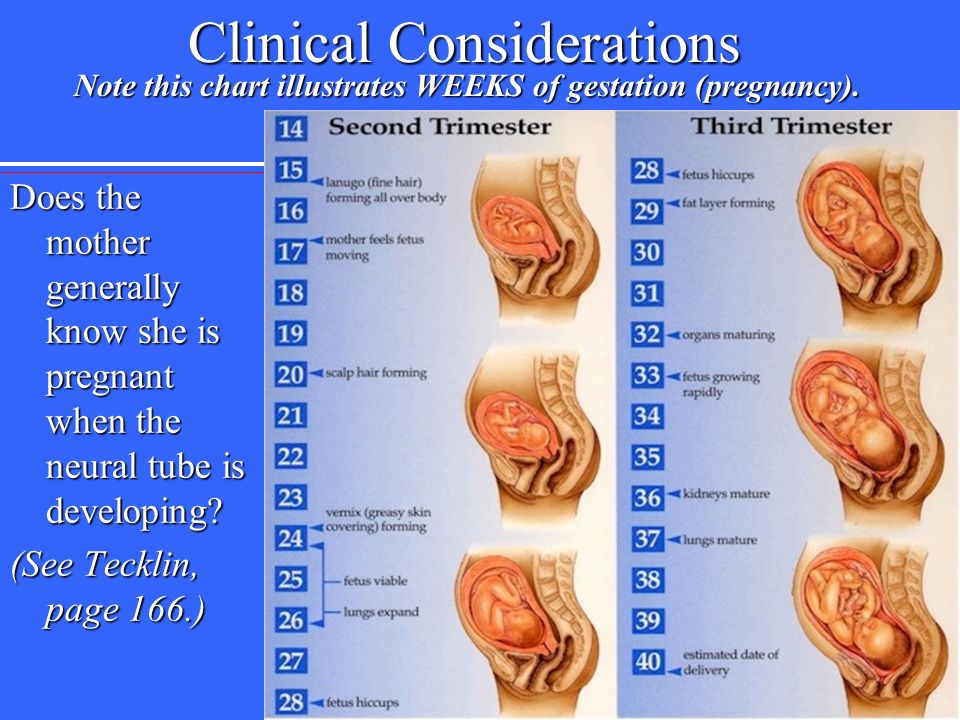 Saline nasal sprays can help.
Saline nasal sprays can help.
Some people start to snore for the first time in their lives while pregnant. Keeping a healthy diet and not putting on too much weight can help ease this.
You might find it comfortable to sleep with your head raised. You can use pillows for support or raise the head of your bed slightly. This can reduce your snoring.
Indigestion
Heartburn is common in pregnancy. This is because your growing baby can press on your organs, leading to reflux. This can keep you from resting.
Sleeping with your head raised and supported by pillows can also help ease the pain. Try to also avoid overeating, and foods that are:
- spicy
- acidic
- fried
See your doctor if heartburn is causing you severe discomfort, or if you have other symptoms such as:
- swelling of your hands, feet, or face
- headache
- distorted vision
Are there any sleep aids that might help?
A pregnancy pillow might help you get comfortable.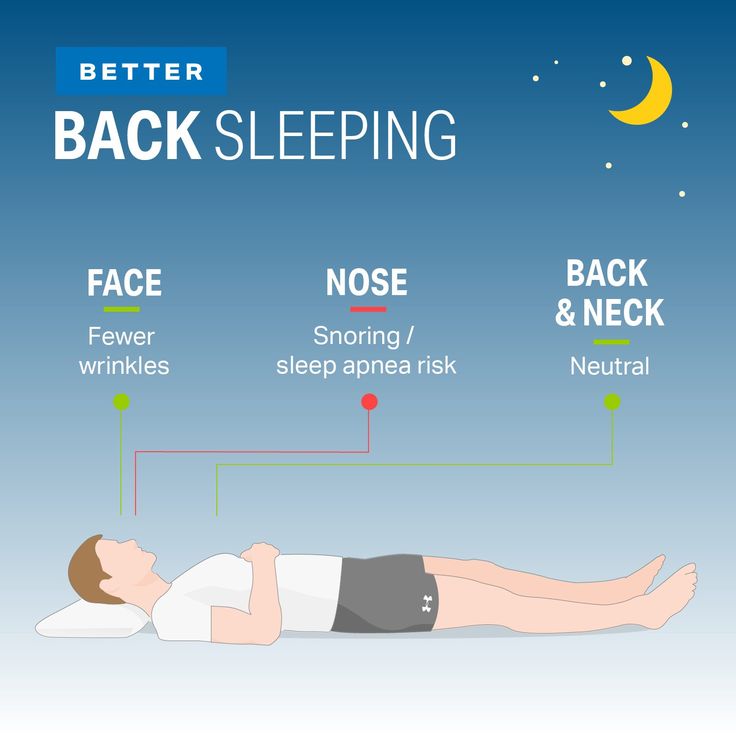 They come in many different shapes and sizes. You should be able to find one that suits you.
They come in many different shapes and sizes. You should be able to find one that suits you.
Generally, pregnant women are advised not to take sleeping tablets.
Who can I talk to for advice and support?
Whether you are experiencing common pregnancy problems or more serious sleep disorders, anxiety or depression, you can get support from a range of professionals and services. These include:
- your midwife or obstetrician
- your doctor
- Beyond Blue on 1300 22 4636
Speak to a maternal child health nurse
Call Pregnancy, Birth and Baby to speak to a maternal child health nurse on 1800 882 436 or video call. Available 7am to midnight (AET), 7 days a week.
Sources:
Sleep Health Foundation (Pregnancy and Sleep), Red Nose (Sleep and rest in pregnancy), The Royal Women's Hospital (Common concerns in early pregnancy), The Journal of Physiology (An investigation of fetal behavioural states during maternal sleep in healthy late gestation pregnancy: an observational study), Lancet (Maternal Going to Sleep Position and Late Stillbirth: Time to Act but With Care)Learn more here about the development and quality assurance of healthdirect content.
Last reviewed: July 2022
Back To Top
Need more information?
Pregnancy and Sleep
Is sleep important when you are pregnant? Pregnancy is a time when you need to pay particular attention to your health. During pregnancy, the mother’s body changes rapidly. Any health issues may impact on the development and growth of the baby. Most people know that you need a balanced diet and enough exercise, but
Read more on Sleep Health Foundation website
Sleep positions during pregnancy and pregnancy pillow
Pregnant and having trouble sleeping? Find out about sleep positions that keep you and your baby safe and how to support your body while sleeping.
Read more on Parenthub website
How much sleep do I need? - Ngala
Sleep during pregnancy is essential for you to function well
Read more on Ngala website
Dealing with fatigue during your pregnancy
Feeling tired, a bit faint and hotter than usual is quite common during pregnancy, and its all down to your hormones.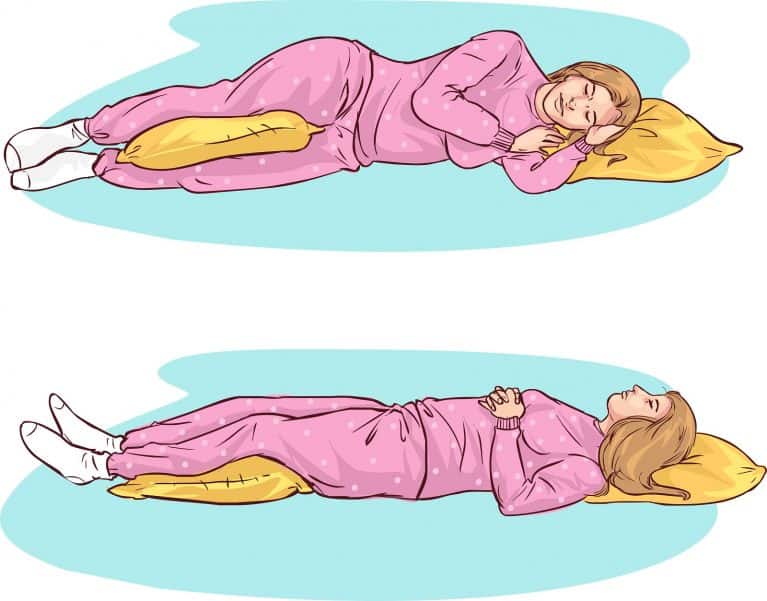
Read more on Pregnancy, Birth & Baby website
Weighted blankets – are they safe for kids or during pregnancy?
Weighted blankets have become popular for both children and adults - but are they safe for kids and for women during pregnancy?
Read more on Pregnancy, Birth & Baby website
Antenatal depression, depression in pregnancy
Read more on COPE - Centre of Perinatal Excellence website
Sleep Tips for New Mothers
1.Plan for the fact that your sleep pattern is going to change Babies are not born with a day-night wake-sleep cycle. They develop this over the first 3 months following birth. So whilst a newborn baby may sleep a lot, they will also wake up a lot for feeds and other attention and will do so at all hours
Read more on Sleep Health Foundation website
Pregnancy at week 30
Your baby's reflexes are developing, and they may even be sucking their thumb or fingers.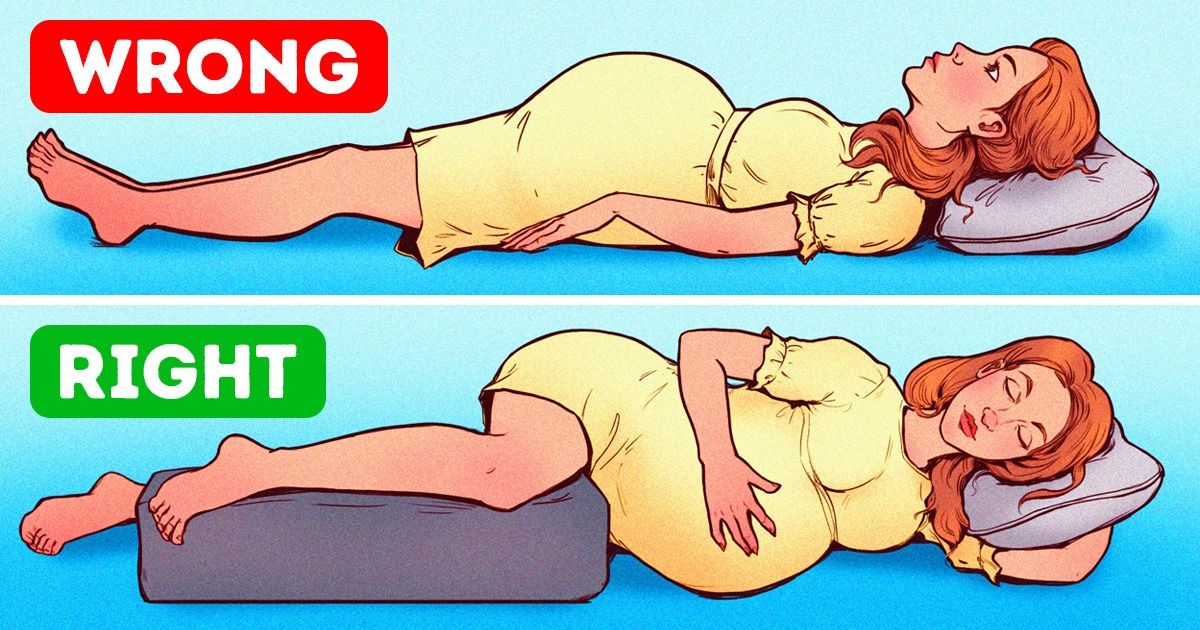 You might be tired and sore, but try to exercise and get enough sleep.
You might be tired and sore, but try to exercise and get enough sleep.
Read more on Pregnancy, Birth & Baby website
Sleep and growing brains - Ngala
At birth a full term babys brain weighs about 400 grams and has around 100 billion brain cells
Read more on Ngala website
Sleep- Helpful Tools - Ngala
At birth, a full term babys brain weighs about 400 grams and has around 100 billion brain cells
Read more on Ngala website
Disclaimer
Pregnancy, Birth and Baby is not responsible for the content and advertising on the external website you are now entering.
OKNeed further advice or guidance from our maternal child health nurses?
1800 882 436
Video call
- Contact us
- About us
- A-Z topics
- Symptom Checker
- Service Finder
- Linking to us
- Information partners
- Terms of use
- Privacy
Pregnancy, Birth and Baby is funded by the Australian Government and operated by Healthdirect Australia.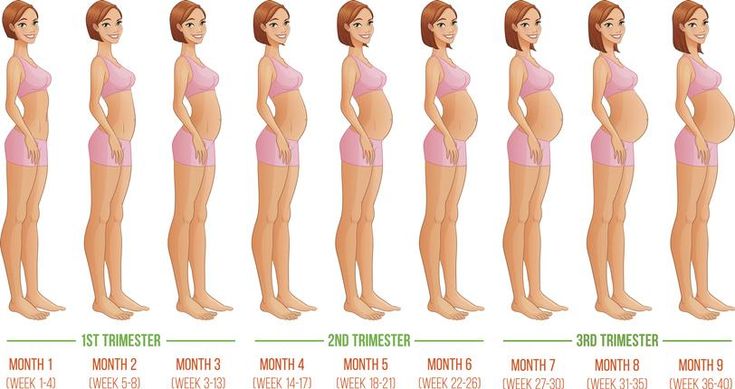
Pregnancy, Birth and Baby is provided on behalf of the Department of Health
Pregnancy, Birth and Baby’s information and advice are developed and managed within a rigorous clinical governance framework. This website is certified by the Health On The Net (HON) foundation, the standard for trustworthy health information.
This site is protected by reCAPTCHA and the Google Privacy Policy and Terms of Service apply.
This information is for your general information and use only and is not intended to be used as medical advice and should not be used to diagnose, treat, cure or prevent any medical condition, nor should it be used for therapeutic purposes.
The information is not a substitute for independent professional advice and should not be used as an alternative to professional health care. If you have a particular medical problem, please consult a healthcare professional.
Except as permitted under the Copyright Act 1968, this publication or any part of it may not be reproduced, altered, adapted, stored and/or distributed in any form or by any means without the prior written permission of Healthdirect Australia.
Support this browser is being discontinued for Pregnancy, Birth and Baby
Support for this browser is being discontinued for this site
- Internet Explorer 11 and lower
We currently support Microsoft Edge, Chrome, Firefox and Safari. For more information, please visit the links below:
- Chrome by Google
- Firefox by Mozilla
- Microsoft Edge
- Safari by Apple
You are welcome to continue browsing this site with this browser. Some features, tools or interaction may not work correctly.
Insomnia and drowsiness during pregnancy
Healthy sleep is necessary for all people without exception. But it plays a special role for pregnant women. A woman carrying a child may want to sleep more often, because energy is spent not only on the expectant mother, but also on the growing baby.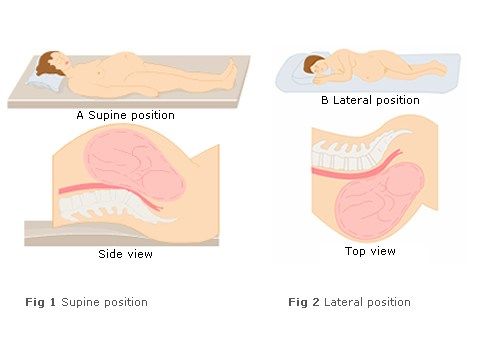 The duration of sleep for girls in position should be from 8 to 10 hours.
The duration of sleep for girls in position should be from 8 to 10 hours.
- In a woman in the early stages, the hormonal background is rapidly changing. The hormone progesterone, which is actively produced during this period, helps to maintain pregnancy. However, the same hormone can cause sleep disturbances in a girl, a feeling of fatigue and lethargy throughout the day. nine0010
- Stress, typical of many women expecting a baby, also leads to sleep problems. Often, the fair sex has nightmares, tormented by disturbing thoughts, which causes insomnia.
- Painful discomfort in the mammary glands, in which changes occur, can also interfere with a good night's rest. A woman has been looking for a comfortable sleeping position for a long time in order to avoid discomfort, which often unnerves the expectant mother. nine0009 As the uterus grows and enlarges, it can press on the bladder. Consequently, a woman is more likely to experience the urge to urinate, which is why she has to wake up.
- During the second trimester, the uterus becomes even larger. She props up the diaphragm, so the girl may have the feeling that she does not have enough air.
- Pregnant women sometimes complain of night cramps that occur due to a lack of magnesium.
- In the second trimester, the child begins to be active and move, which brings a lot of joy to a woman. However, at night, this can interfere with sleep and cause insomnia. nine0010
- In the later stages, a heavy fetus can crush a large vessel located between the uterus and the spine during sleep. Because of this, sleeping on your back is not possible. In the third trimester, it is best for a woman to sleep on her side to avoid discomfort, headaches, and heart palpitations.

If a woman who is carrying a child restricts herself in her sleep and sleeps less than the prescribed 8 hours, then with one hundred percent probability this will entail a number of negative consequences - a decrease in physical and mental activity, lethargy, irritability, weakening of the immune system.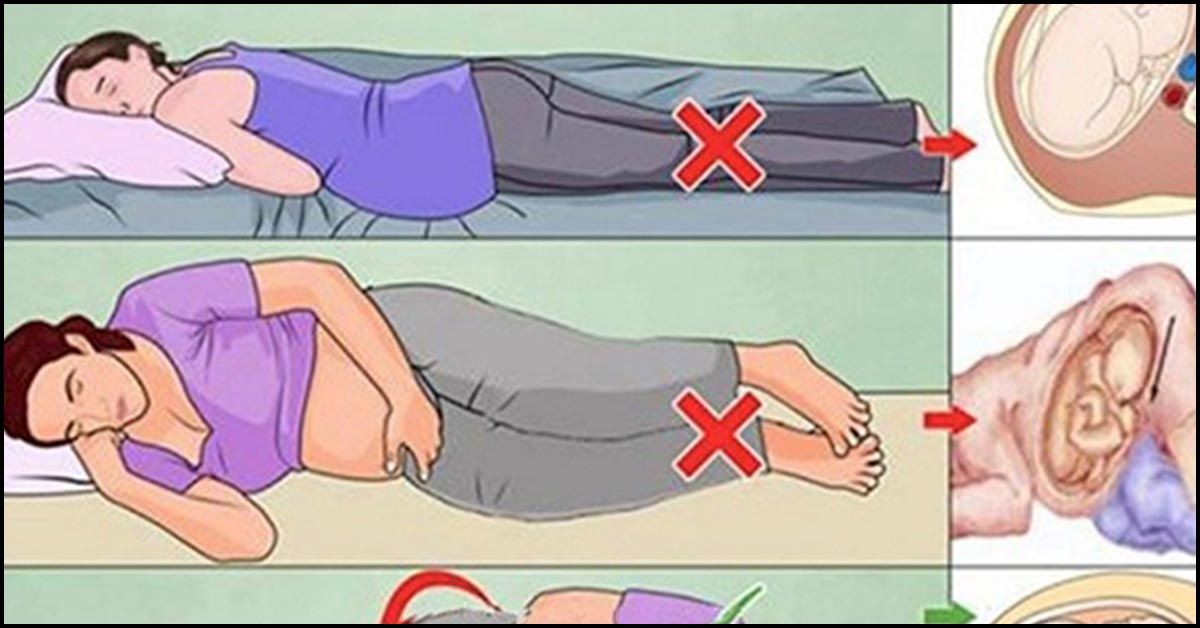 All this can seriously harm the baby and cause pathologies during its development. nine0005
All this can seriously harm the baby and cause pathologies during its development. nine0005
It is therefore recommended to consult a doctor if the pregnant woman has one or more sleep problems. The specialist will give recommendations and help to cope with insomnia or, conversely, with drowsiness.
Share
To get a consultation
Current
November 24, 2022
What is a woman entitled to in a maternity hospital?
It just so happens that the rights of ordinary citizens are not taught in medical institutions, therefore, in order to achieve respect for these rights, you need to know about them in advance. nine0005
November 22, 2022
Postpartum recovery
Already in the first hours after childbirth, a restructuring begins in a woman's body, which helps to prepare for a new stage - lactation.
November 15, 2022
Cervical dysplasia
Dysplasia is a pathological change in the epithelial cells of the cervix.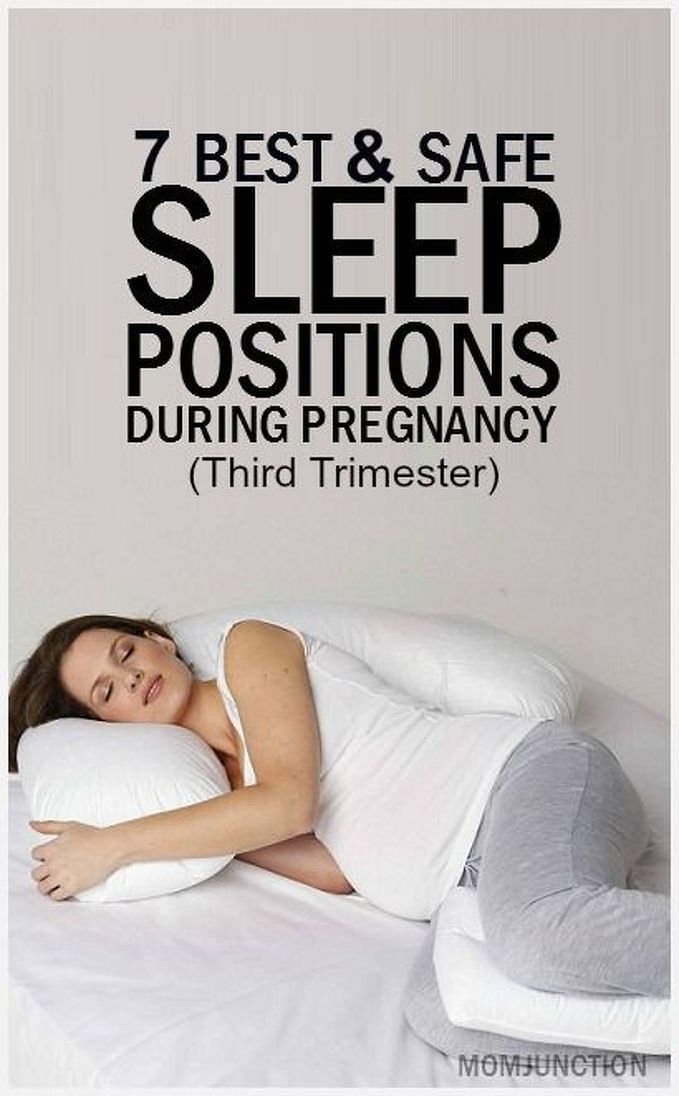 This process, developing from stage to stage, leads to malignant degeneration of cells. nine0005
This process, developing from stage to stage, leads to malignant degeneration of cells. nine0005
Get a consultation
Enter your name and contact phone number. We will call you back and schedule you at a convenient time.
How to sleep during pregnancy
It is difficult to overestimate the role of sleep in the life of every person. A complete healthy rest allows you to fully restore the functioning of the nervous system, relieve stress, improve performance and increase activity. Chronic sleep deprivation is the cause of many diseases. What can we say about a woman who is at the stage of bearing a baby. During this period, more than ever, she needs a healthy, long and full sleep. However, unfortunately, it is during this period that one can only dream of a restful sleep. nine0005
As soon as a woman finds out about her new situation, she has to give up a lot for the sake of the health of her unborn baby. And you need to give up not only bad habits: alcohol, cigarettes, coffee, but also from a comfortable sleep.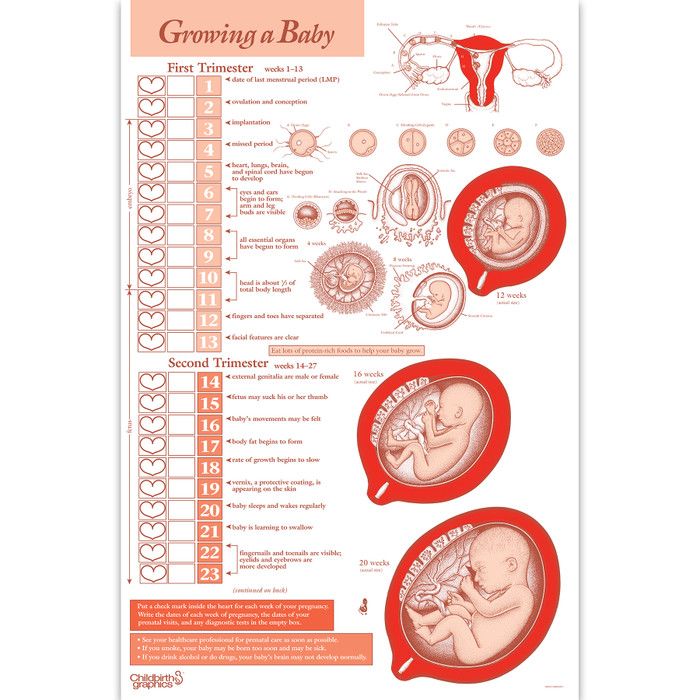
The cause of insomnia can be :
- Anxiety;
- Frequent urination;
- Fears and phobias before a new stage of one's life;
- Nervousness and irritability;
- Digestive disorder; nine0010
- Toxicosis;
- Physical indisposition;
- Uncomfortable posture.
During the period of bearing a child, the female body experiences an extraordinary load, especially in the last trimester. The need for more sleep increases, because the body expends much more energy. Therefore, healthy sleep and pregnancy are inextricably linked.
As soon as a woman finds out about her new position, she has to give up a lot for the sake of the health of her unborn baby. And you need to give up not only bad habits: alcohol, cigarettes, coffee, but also from a comfortable sleep. nine0005
Let's try to figure out how to sleep during pregnancy, so as not only not to harm the health of your unborn baby, but to sleep well.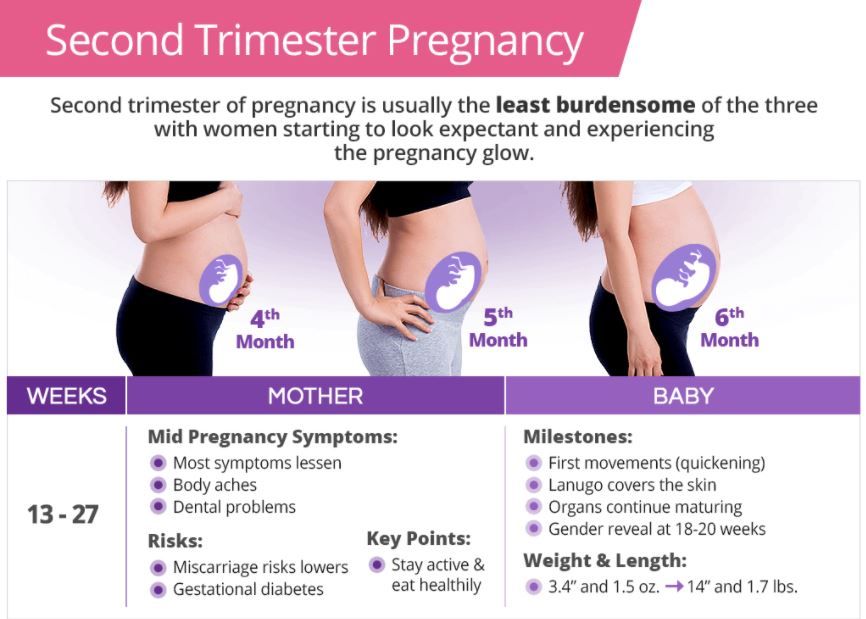
Looking for a comfortable sleeping position
Each person has his own favorite position, in which it is easy to fall asleep and sleep. Many do not imagine a comfortable rest on their backs, accustomed to sleeping on their stomachs. This habit will have to be sacrificed, as it is unsafe for the normal development of the fetus. If in the first three months of pregnancy a woman can still sleep in the position in which she is used to and feels comfortable, then after the first trimester the growing belly will not allow her to lie safely in this position. Despite the natural protection of the baby in the form of amniotic fluid, there is a high probability of injuring the baby in a dream, squeezing it. But what is the right way to sleep during pregnancy? nine0005
Back position
Even if you are used to sleeping in a Spartan position, on your back, with your arms spread wide, from the 28th week you will have to radically change your lifestyle. The fact is that as the fetus grows, the load on the intestines and vena cava will increase significantly, blocking the access of oxygen to the baby.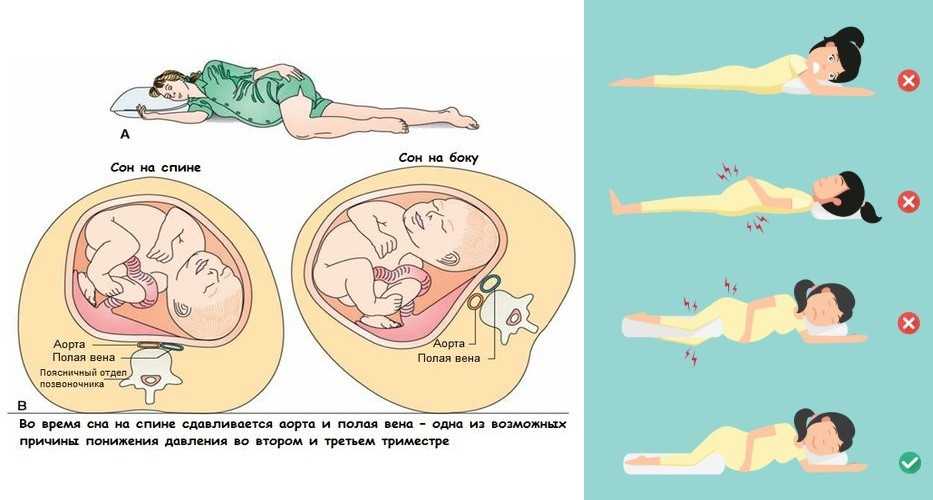
As soon as a woman finds out about her new position, she has to give up a lot for the sake of the health of her unborn baby. And you need to give up not only bad habits: alcohol, cigarettes, coffee, but also from a comfortable sleep. nine0005
If you sleep on your back during pregnancy, you may experience the following problems:
- Dizziness;
- Nausea;
- Convulsions;
- Numb limbs;
- Pressure reduction;
- Hemorrhoids;
- Heaviness of breathing.
If you feel these symptoms or the baby gives persistent signals, you need to urgently change your position, so squeezing the vena cava is fraught not only with poor health for the mother, but also with a lack of oxygen supply to the fetus. nine0005
Stomach position
One of the most beloved positions for many people, which allows you to quickly fall asleep while hugging a pillow. Many women, as soon as they find out about the change in their lives, are interested in the question, is it possible to sleep on your stomach during pregnancy? Doctors recommend abandoning this position already in the first weeks, even before the enlarged belly makes it impossible to fall asleep peacefully.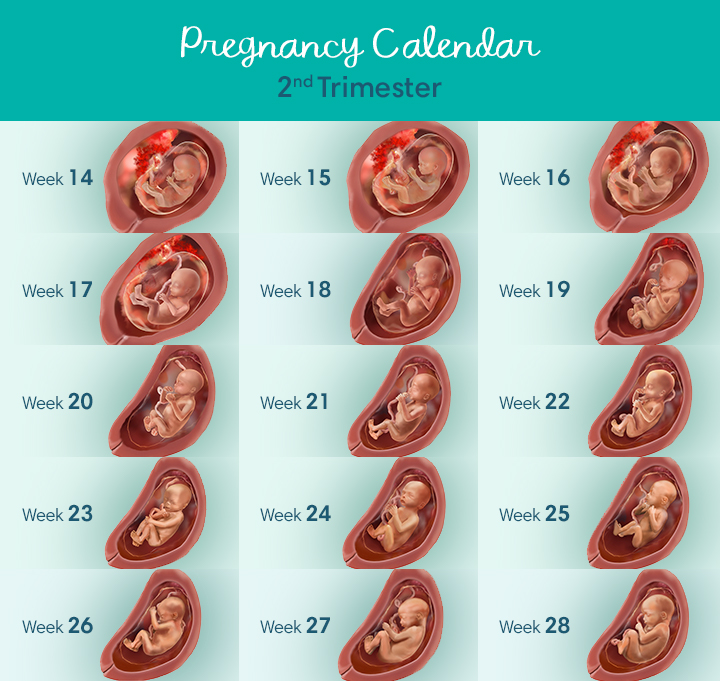
If you are afraid during sleep, without controlling your movements, to arbitrarily roll over on your stomach, you can put a large pillow that does not allow you to change position. nine0005
Side position
In order to normalize your sleep and not harm the health of the baby, experts recommend sleeping on your side during pregnancy. And if at first this option seems unacceptable to many, after the second trimester, lying on your side is the only possible one. But here the question arises, on which side to sleep in order to ensure the safety of the fetus?
Sleeping on the right side can cause squeezing of the kidney, which can have dire consequences. The ideal posture is lying on the left side. Thus, you not only do not injure the unborn baby, but also improve blood flow along with oxygen to the placenta. nine0005
But one should not ignore the individual characteristics of each organism and the position of the fetus in the uterus. When the baby is in a transverse position, choose the side where the baby's head is.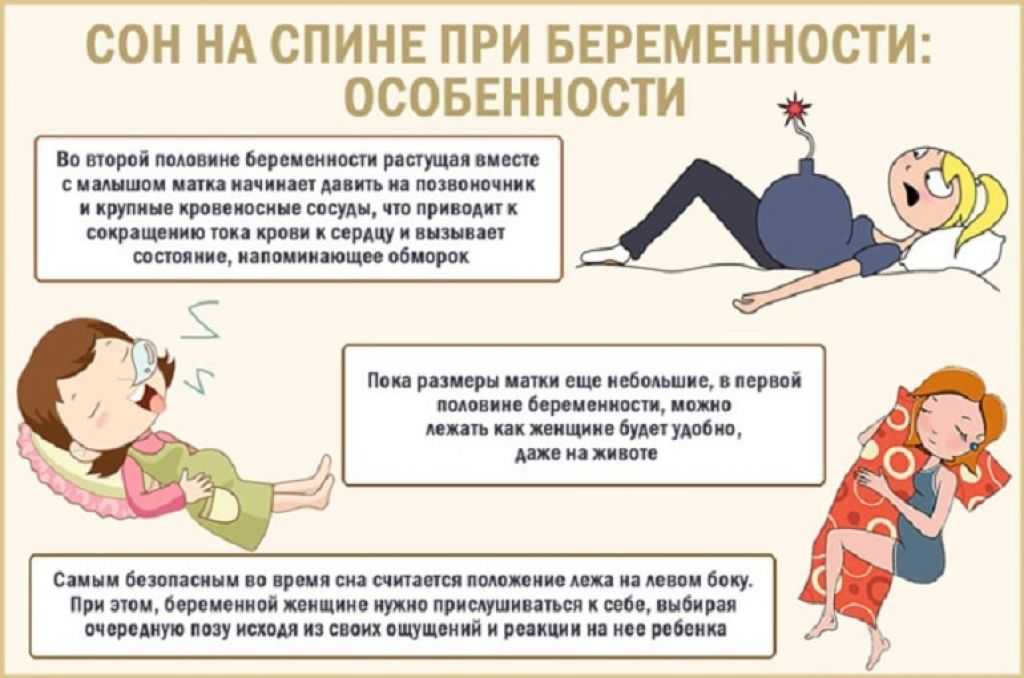 And with a breech presentation, doctors recommend changing the position several times a night.
And with a breech presentation, doctors recommend changing the position several times a night.
If you still cannot improve your sleep, you feel unwell and you are tormented by insomnia, then it is better to consult a specialist. A good gynecologist will analyze the situation and help solve the problem. If necessary, he will prescribe a safe sedative that stabilizes the emotional state and helps to fall asleep calmly, resting and restoring the nervous system in a dream. nine0005
Help pillow
Fortunately, now modern manufacturers help women survive the pregnancy period with great comfort by offering special pillows. They are made taking into account the physiological characteristics of a woman in this period and allow you to find a comfortable position for relaxation.
You can buy two pillows and put one under your stomach and the other under your knees, looking for your best option. And you can buy a long banana-shaped pillow, which allows you to throw your leg on it while sleeping, which improves well-being and relieves the main load from the lower back and abdomen.

